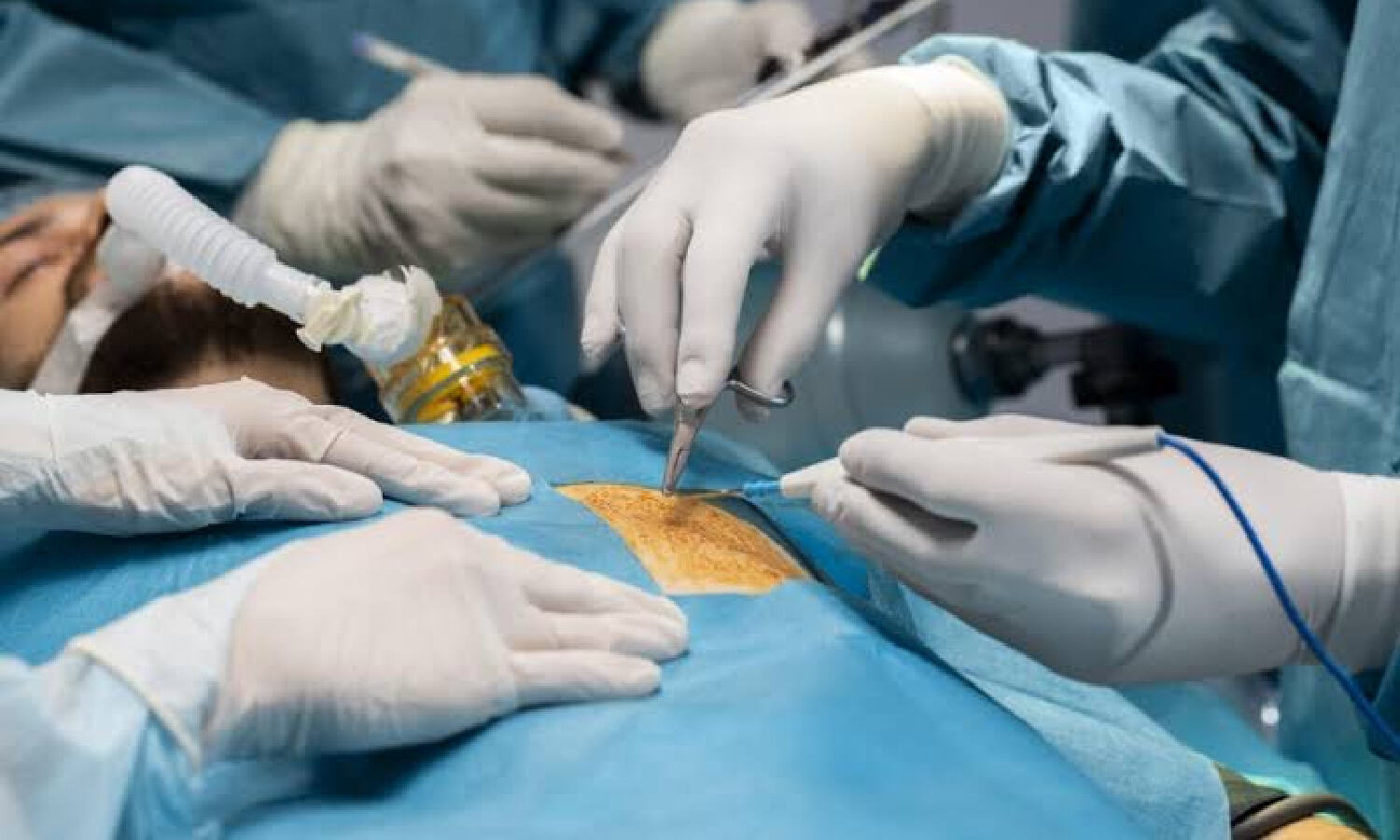How MICS is emerging as an alternative to conventional open-heart surgery

Hyderabad: Minimally Invasive Cardiac Surgery (MICS) is emerging as a transformative approach in the treatment of heart diseases in India, offering patients a less traumatic alternative to conventional open-heart surgery.
Rising Burden of Cardiovascular Disease
Cardiovascular diseases (CVD) remain the leading cause of death in India. According to the Global Burden of Disease Study, 24.8% of all deaths in the country are attributed to CVD. Once thought to primarily affect the elderly, these conditions are increasingly seen in younger populations.
India also records the highest global caseload of Rheumatic Heart Disease, with valvular heart disease affecting an estimated 1.5–2 per 1000 people across all age groups.
What is MICS?
Traditional heart surgeries often require a full sternotomy, where the breastbone is split along its length. In contrast, MICS is performed through much smaller incisions, typically 4–6 cm, without cutting through the sternum.
The techniques include:
• Mini-thoracotomies
• Mini-sternotomies
• Thoracoscopic-assisted surgery
• Robotic-assisted approaches
These allow surgeons to carry out procedures such as valve repair and replacement, coronary artery bypass grafting (CABG), and transcatheter interventions.
Why It Matters
“With the rise of Transcatheter Aortic Valve Replacement (TAVR) and other catheter-based interventions, surgery must evolve to match the patient’s demand for less invasive options with quicker recovery. MICS is a step in that direction,” said Dr. Mallampati Sameer, Consultant Cardiothoracic Surgeon at Renova Century Hospitals.
At the center, all feasible MICS procedures are being performed routinely. “Published outcomes have demonstrated excellent results in terms of mortality, morbidity, patient recovery, and quality of life,” Dr. Sameer added.
Benefits of MICS
According to Dr. Sameer, patients undergoing MICS experience:
• Faster recovery and shorter hospital stays
• Less postoperative pain and blood loss
• Lower risk of infection
• Better cosmetic outcomes
• Comparable surgical results to open-heart surgery
Limitations and Patient Selection
Despite its advantages, MICS is not suitable for all patients. Complex cardiac anatomy, previous surgeries, and severe lung disease may restrict eligibility. “Patient selection is crucial and is decided by the treating surgeon based on clinical and anatomical suitability,” Dr. Sameer explained.
The Way Forward
Dr. Sameer emphasized that wider adoption of MICS will require addressing technical challenges and complications, as well as improving training for surgeons. “Continuous education and surgical training will reduce the learning curve and ensure that more patients can benefit from the future of cardiac surgery,” he said.
Source link

